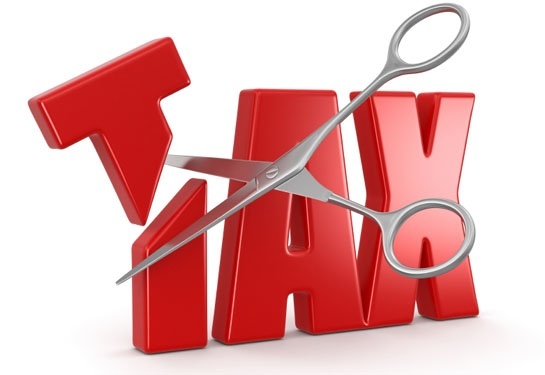
Owning a racehorse can be the most exciting investment you ever make. But, it is first and foremost an investment. If treated like the business that it is, the IRS affords many of the same protections and write-offs as investing in real estate or other business ventures.
So, yes, it is a write-off! As long as you can pass the IRS Hobby Loss test (see below). If successful, there is a second test to determine when (and how much) you can write-down. Thankfully, it is generally accepted that investing in horse racing partnerships satisfies the Hobby Loss test.
Test #1 – Hobby Loss Test
The IRS must first and foremost recognize your investment as a “legitimate business investment”. As you can imagine, the IRS won’t blanketly allow taxpayers to write-off just any business investment. An activity for personal pleasure that doesn’t generate profits is not a legitimate business investment but instead classified as a “hobby”.
Per the IRS, the following factors, although not all inclusive, may help you to determine if your activity is an activity engaged in for profit or a hobby.
- Does the time and effort put into the activity indicate an intention to make a profit?
- Do you depend on income from the activity?
- If there are losses, are they due to circumstances beyond your control or did they occur in the start-up phase of the business?
- Have you changed methods of operation to improve profitability?Do you have the knowledge needed to carry on the activity as a successful business?
- Have you made a profit in similar activities in the past?
- Does the activity make a profit in some years?
- Do you expect to make a profit in the future from the appreciation of assets used in the activity?
For horse investments, the activity is presumed for profit if it makes a profit in at least two of the last seven years, including the current year. This is just a presumption and can be rebutted upon presenting evidence.
We discuss what goes into satisfying the above factors in our LRF Tax White Paper. Or you can email us any time.
Test #2 – “Are you an Active or Passive Investor”
Once you’ve established that your horse investment is a legitimate business, you can write-off the actual investment. However, the time frame to the write-off and whether any expenses (eg travel costs) can also be written down is determined by if you are considered an “Active” or “Passive” investor.
An investment in horse racing partnerships is generally considered “passive”. Unless you can show you have other horse investments separate and apart from the partnership shares, you will likely be considered a “Passive” investor.
An “Active” investor can write down the investment and all expenses associated in the first or any year. A “Passive” investor can only write down the actual investment against “passive gains” until the investment ends. At that point, any unused deductions can be applied against any income.
According to the IRS, you are considered ”active” if you satisfy any of the following tests:
- You participated in the activity for more than 500 hours (most often the predominant test).
- Your participation was substantially all the participation in the activity of all individuals for the tax year, including the participation of individuals who did not own any interest in the activity.
- You participated in the activity for more than 100 hours during the tax year, and you participated at least as much as any other individual (including individuals who did not own any interest in the activity) for the year.
- The activity is a significant participation activity, and you participated in all significant participation activities for more than 500 hours. A significant participation activity is any trade or business activity in which you participated for more than 100 hours during the year and in which you did not materially participate under any of the material participation tests, other than this test.
- You materially participated in the activity (other than by meeting this fifth test) for any 5 (whether or not consecutive) of the 10 immediately preceding tax years.
- The activity is a personal service activity in which you materially participated for any 3 (whether or not consecutive) preceding tax years. An activity is a personal service activity if it involves the performance of personal services in the fields of health (including veterinary services), law, engineering, architecture, accounting, actuarial science, performing arts, consulting, or any other trade or business in which capital is not a material income-producing factor.
- Based on all the facts and circumstances, you participated in the activity on a regular, continuous, and substantial basis during the year. You did not materially participate in the activity under test (7) if you participated in the activity for 100 hours or less during the year. Your participation in managing the activity does not count in determining whether you materially participated under this test if:
Any person other than you received compensation for managing the activity, or any individual spent more hours during the tax year managing the activity than you did (regardless of whether the individual was compensated for the management services).
That’s the basics! We dive down deeper into how to satisfy the two tests in our LRF Tax White Paper. Please download it and let us know if you have any questions.
{{cta(‘7f90c40d-053f-4143-b319-a06be60edf5d’)}}
